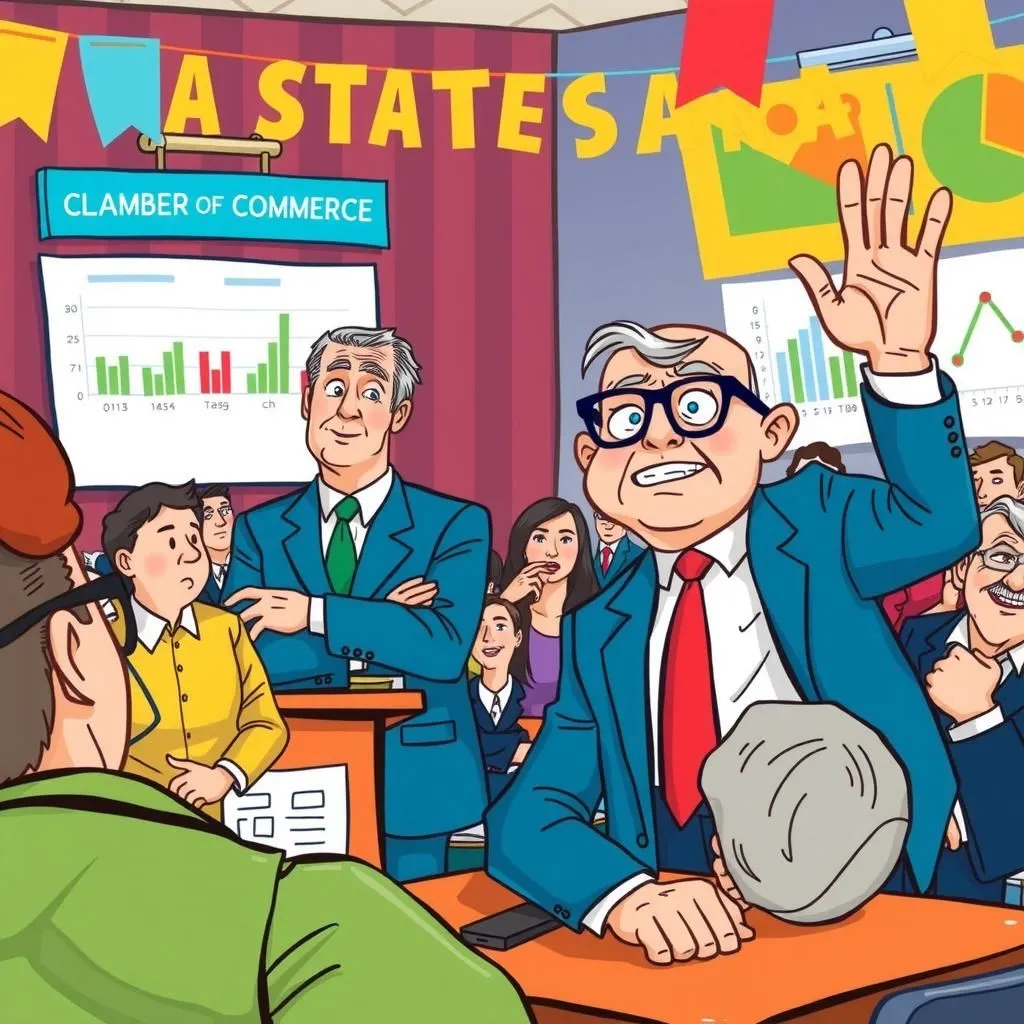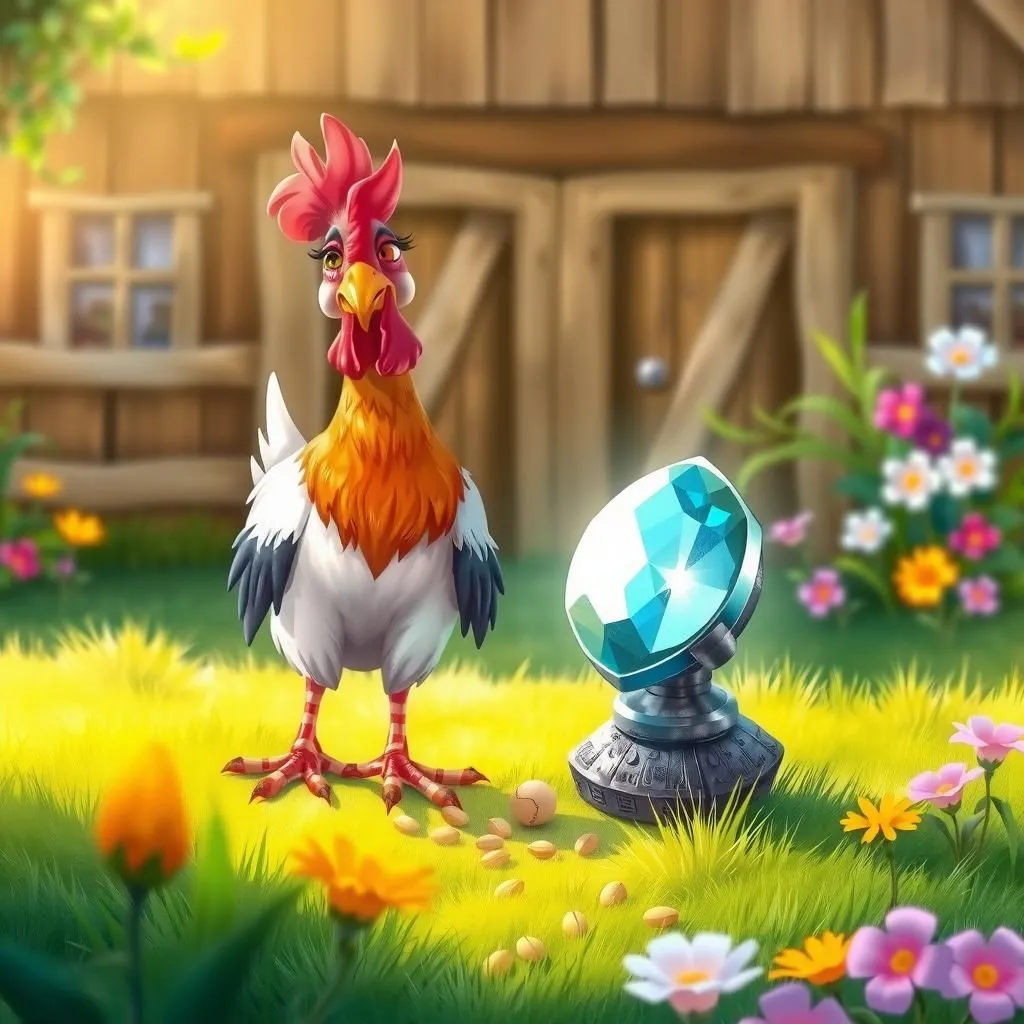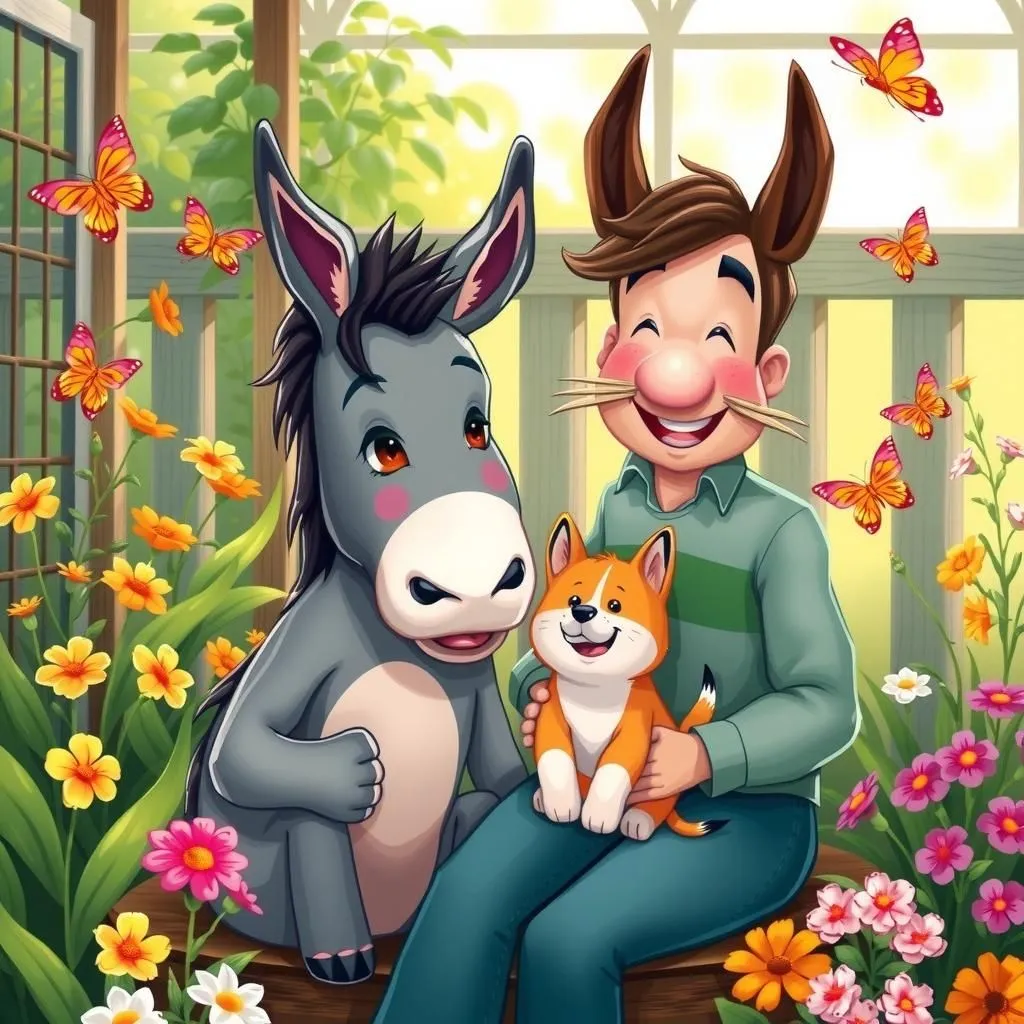
The Cat and the Youth
In the captivating short story "The Cat and the Youth," a cat in love with a handsome young man asks Venus to transform her into a woman. However, when a mouse appears, her panic reveals her true nature, leading to the young man's rejection. This concise moral story illustrates that true identity cannot be hidden, making it a valuable lesson for students.


